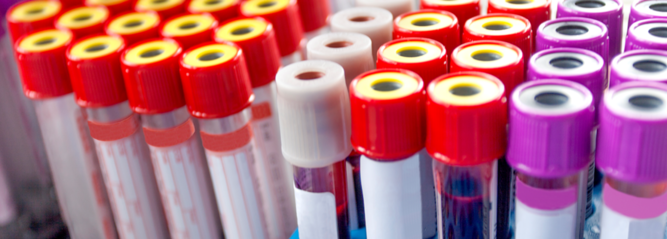Is HbA1c the only measure for diabetes management?
As HbA1c is an average measurement, it doesn’t generally detect day to day variations in your blood glucose. For this reason, it is generally used in combination with a measure of variability, such as time in range or points in range, which show the amount of time spent above or below your target blood glucose range.
As you can see, HbA1c is a really important tool for you and your healthcare professional in managing your diabetes. It is not the only tool, as it will be used in combination with other measures, but it can be very valuable in giving an idea of how well managed your diabetes is. If you are unsure when your last HbA1c level was taken, please contact your healthcare professional to check and see when you should next have one.
Source
Stratton I M et al. Association of glycaemia with macrovascular and microvascular complications of type 2 diabetes (UKPDS 35). BMJ 2000; 321: 405-412. https://doi.org/10.1136/bmj.321.7258.405
This content is provided for general information only. It is not intended to amount to advice on which you should rely – you must obtain professional or specialist advice from your healthcare professional before taking, or refraining from, any action on the basis of the content. Although we make reasonable efforts to ensure that the content is up to date, Roche makes no representations, warranties or guarantees, whether expressed or implied, that the content is accurate, complete, up-to-date or that it should be relied upon.


